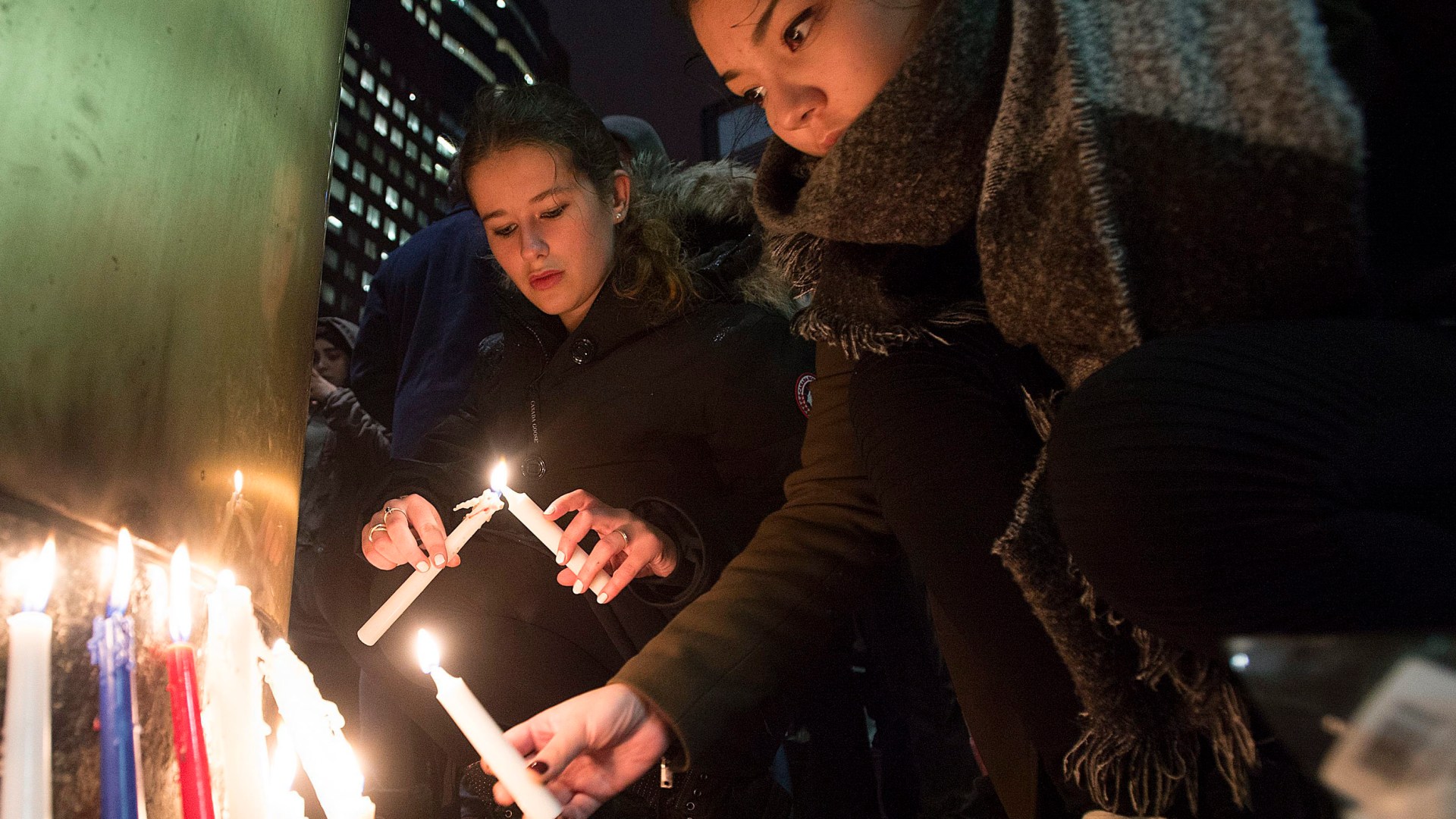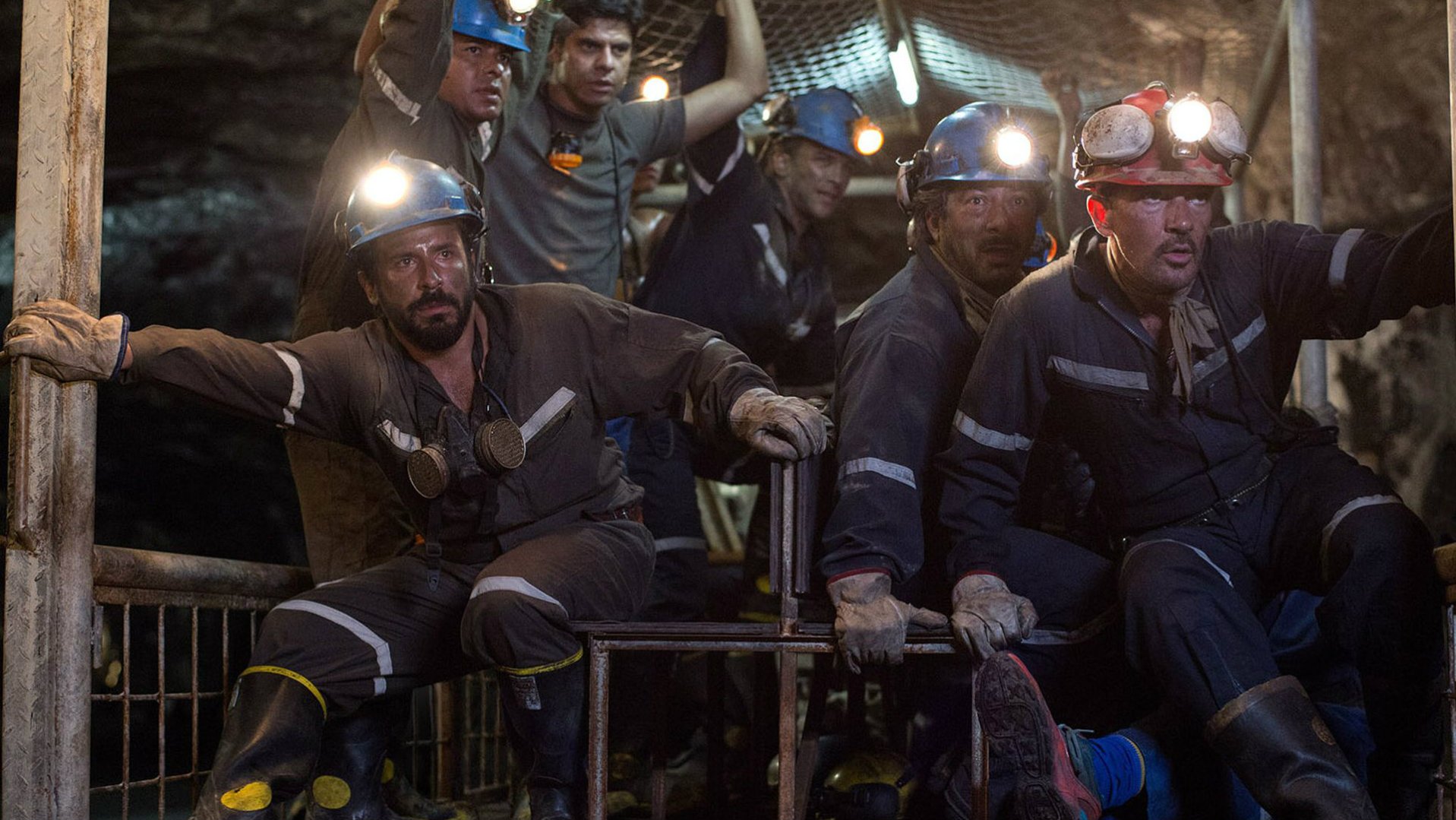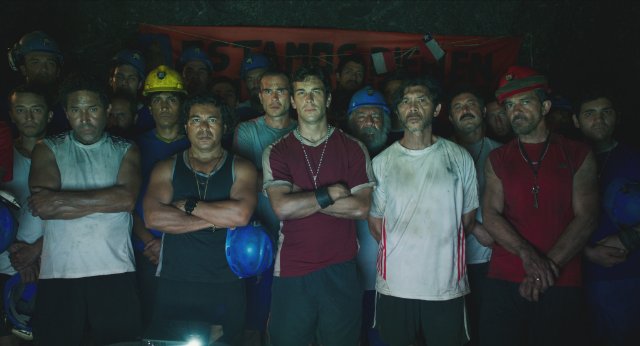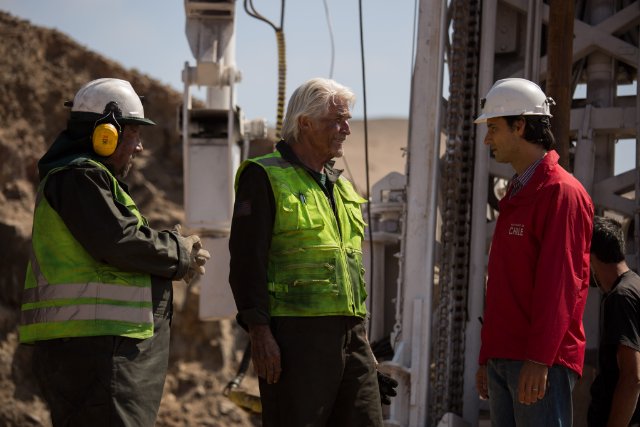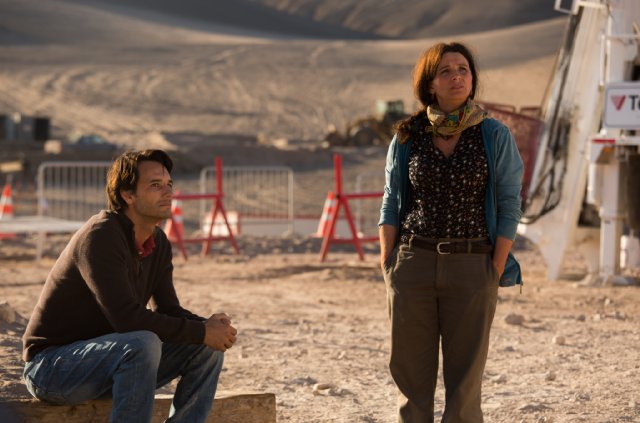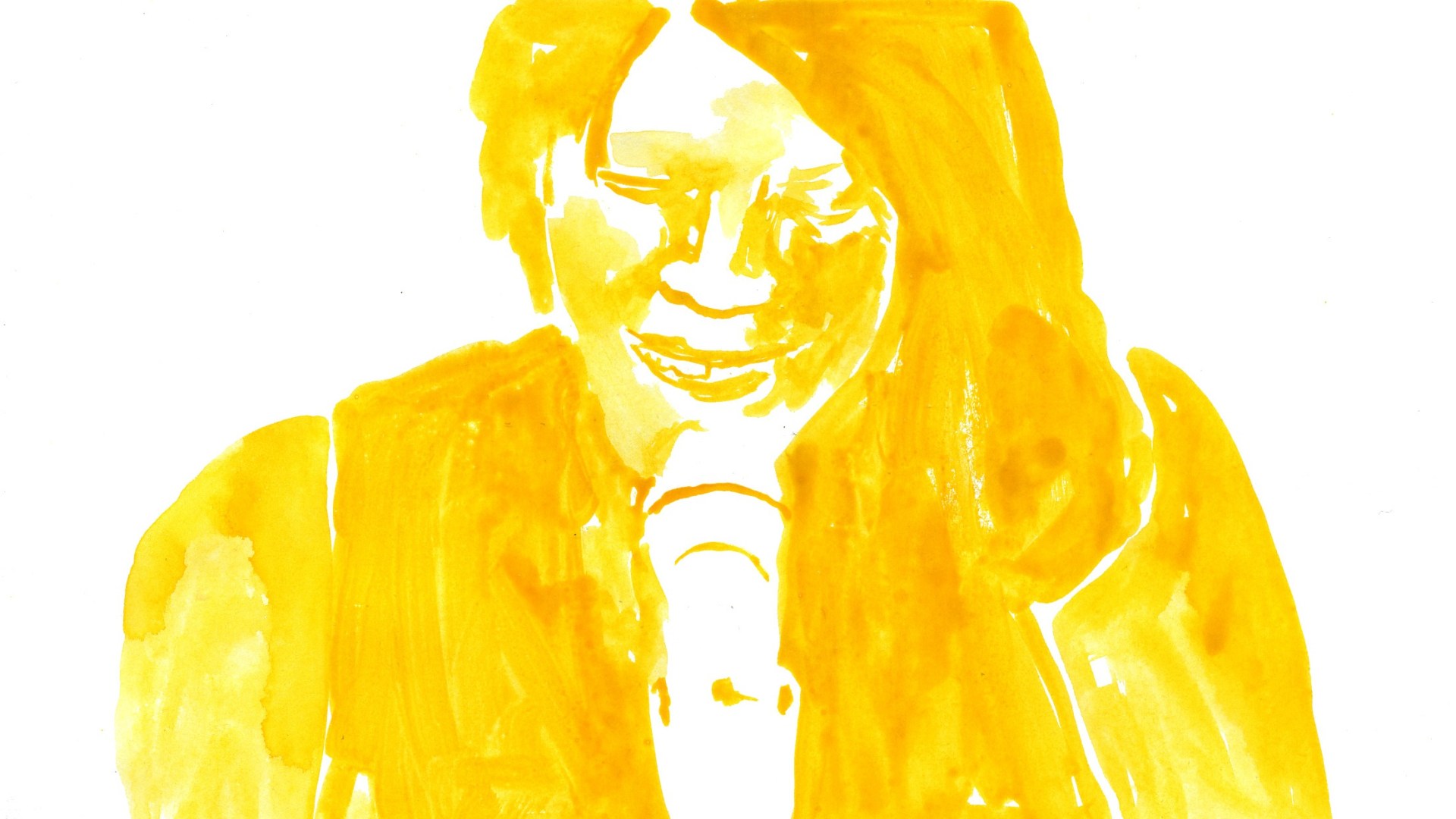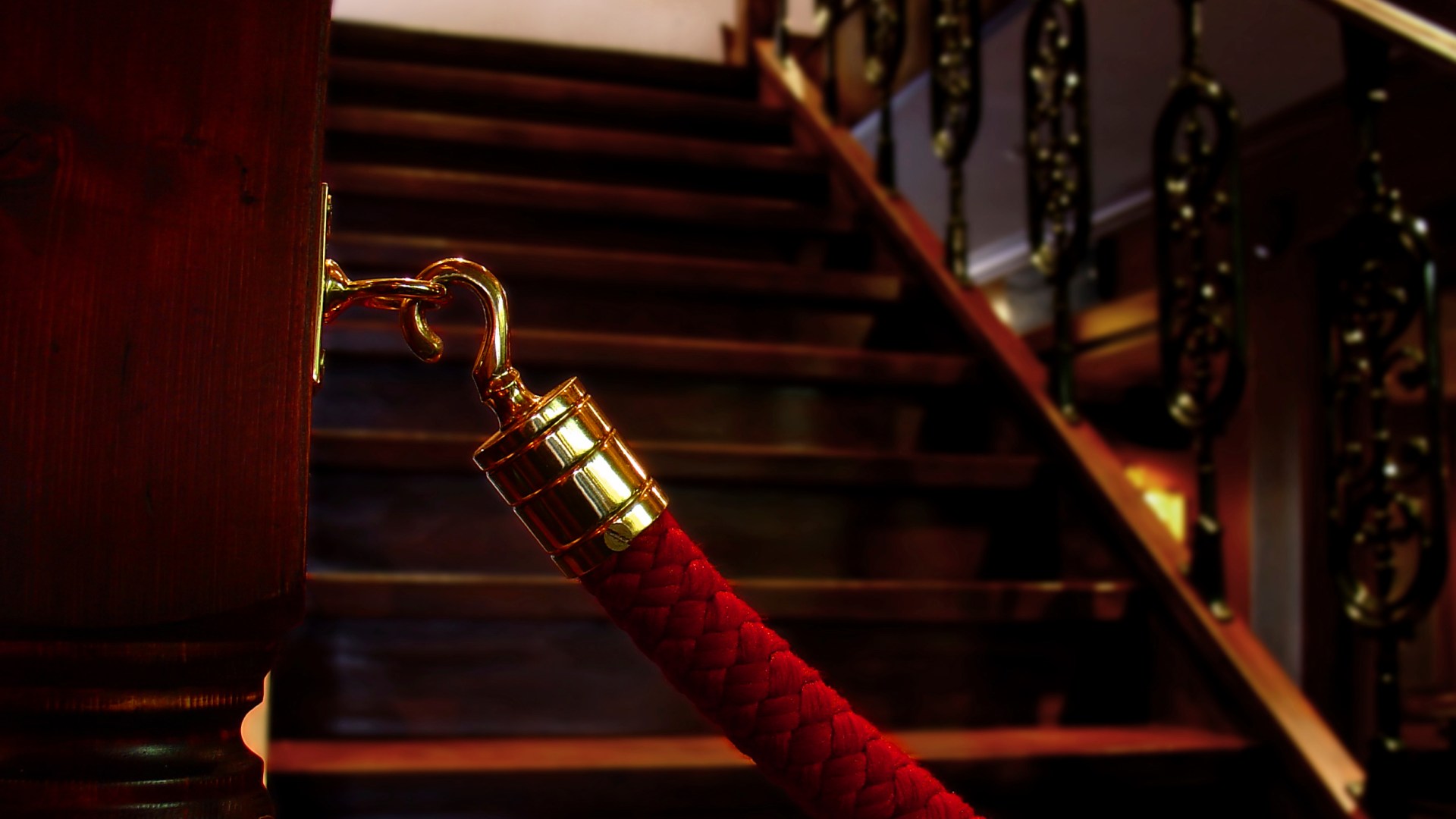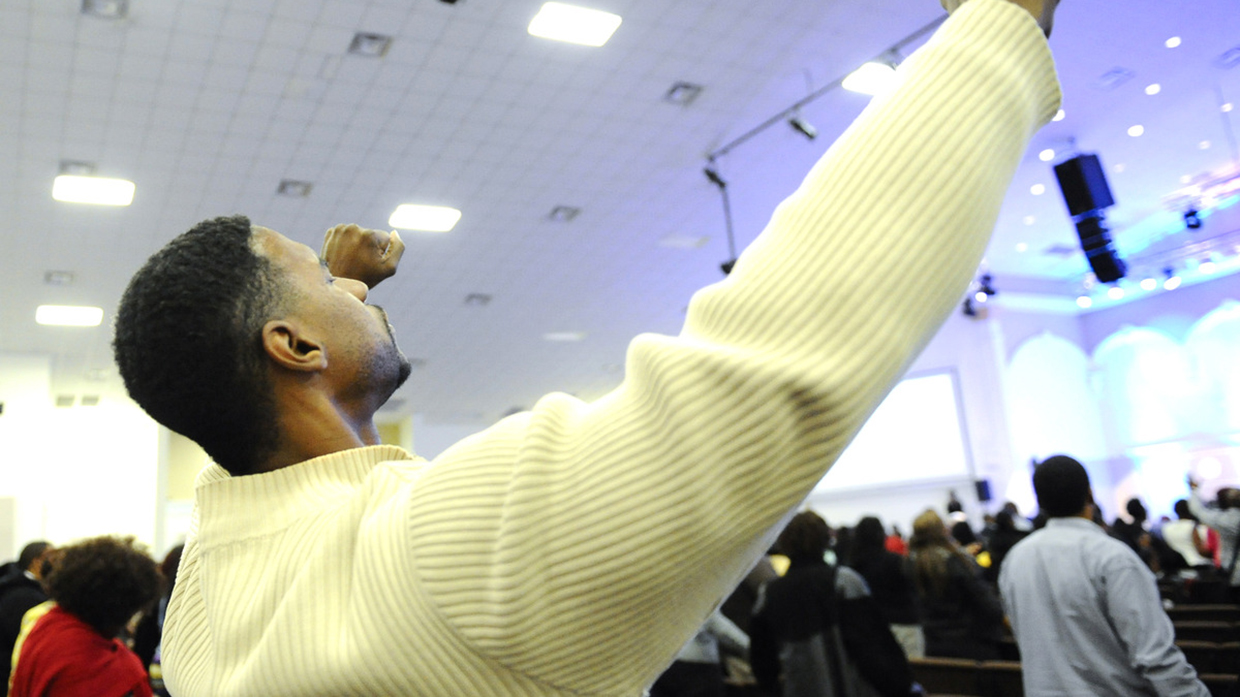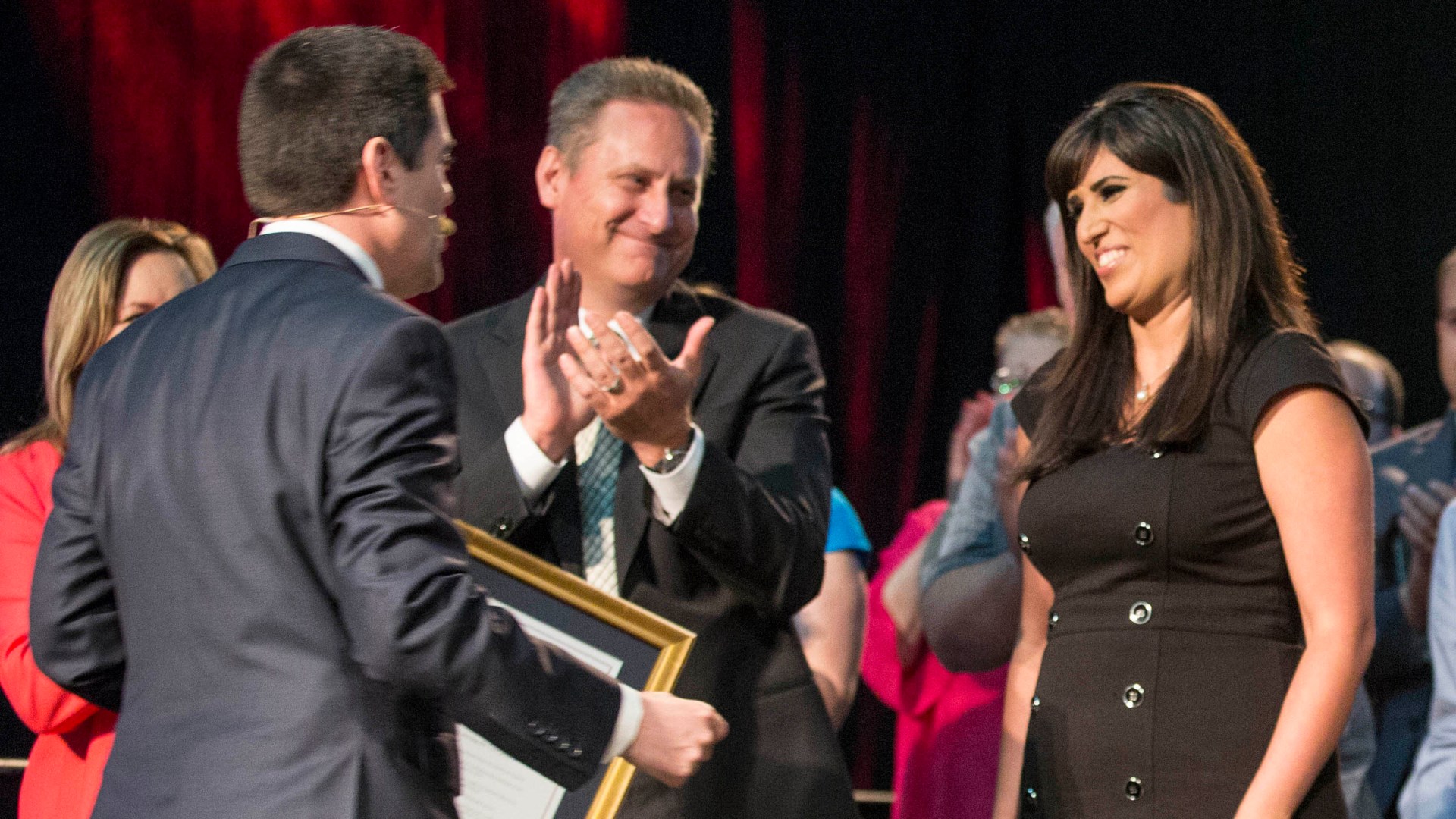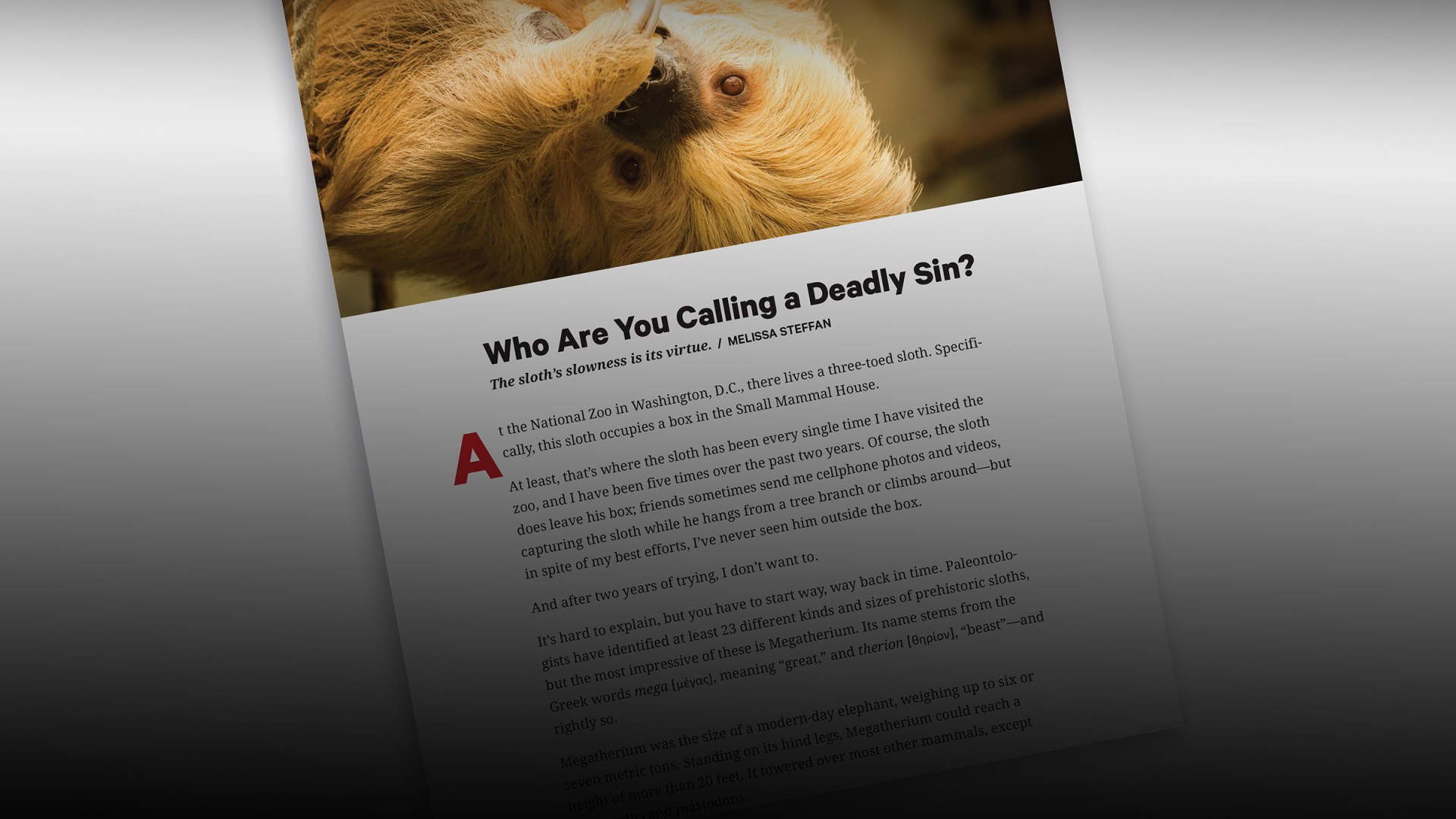Worldwide, the body of Christ is mourning with Paris. Last Friday, ISIS terrorists launched the most devastating attack on Paris since World War II, leaving at least 129 killed and 352 injured.
Pastors in Paris bear a great burden, and they need our prayers as they lead their churches, communities, and families in processing these events, amidst the pain and turmoil. They’ll be seeking to heal wounds with wise and gentle biblical counsel, to counter hatred with Christ-like love, and to advance peace through the hope of the gospel.
How can you pray for and with pastors in Paris? These pastors’ answers provide not only insight into how we can best intercede, but they also provide models of how pastors can respond to a community crisis.
David Brown, pastor of Eglise Protestante Evangélique de Paris-Villiers (the church is affiliated with France-Mission, a French church planting movement)
This weekend in Paris the atmosphere has been very subdued. A lot of people stayed indoors, and there is a general feeling of bewilderment, anger, shock, and fear.
Our church held its normal services. We felt a real spirit of unity yesterday. We tried to work through a Christian response to the attacks, and prayed for the city and each other. The #prayforparis reaction has been a real encouragement to us because there were as many tweets in 10 hours as for #jesuisCharlie earlier in the year over a period of five days. Paris needs your prayers—especially as the very secular French media hardly mentioned the pray for Paris hashtag.
As a church we long for these prayers to lead to conversions. Our church is in the Western part of Central Paris, and the three western "arrondissements" of Paris have a population of 580,000 inhabitants but only half a dozen small evangelical churches.
Jason Procopio, pastor of Église Connexion: Église protestante évangélique à Paris Châtelet-Les Halles
I have a wife and small boy. We live just over a mile from where the attacks took place, so it was frightening for us as well. Pray that my wife and I might faithfully remember the hope we have in Christ, and wisdom to be able to boldly communicate that hope to others.
Paris was already a potential powder keg of racism; events like this light the fuse.
Several of our members were in the area when it happened. Five managed to make it to our apartment and spent the night here; three others had to hide out in restaurant cellars until the next morning. Thankfully, everyone made it out all right. Please pray that our congregation (mostly young singles) would remember their hope in Christ, and that they would have wisdom to respond to their unbelieving colleagues and friends about what has happened.
Paris was already a potential powder keg of racism; events like this light the fuse. Please pray that Parisians would resist the urge to be fearful of every Arab man they see, and that the authorities would know how to respond to this wisely and effectively.
Our main request would be that this event might cause the gospel to move forward in this very secular city. After the attacks, #PrayForParis started sweeping the Internet; a huge number of Parisians responded by saying, ‘Thank you for the sentiment, but we don’t need more prayers. We've got enough religion already.’ Please pray that God might use this event to sovereignly soften rather than harden them to the truth of the gospel.
Matthieu Sanders, pastor of L'Église évangélique baptiste de Paris-Centre, a member of Association Evangélique d'Eglises Baptistes de Langue Française, which includes about 60 churches in France, Switzerland, and Belgium
Please pray that we would faithfully proclaim God's Word in these difficult times. Pray for my colleagues and I, and those pastoring other churches that we would show, with both depth and practical relevance, the hope that we find in the gospel.
Many French people are responding to these terrifying events with misguided relativism. We pray God would give us the courage and clarity to remind our people that sin is a deep human problem and not just the stuff of extremists, and that the only true hope for our city and nation is found in Christ. We also see an opportunity for our churches to be a blessing to many people outside of our communities, not just through evangelism, but also by a commitment to "honor everyone" (1 Peter 2:17) and love our neighbor.
By the grace of God, no one in our church was killed or hurt, though a few had very close calls (two fathers went to the France-Germany soccer game with their sons, and heard the first blast). All of us are shaken. As with all tragedies, some people are quietly asking why God didn't prevent the death and suffering. Others are tempted to blame it all on Islam. Many are deeply shocked and frightened.
Our church services Sunday were powerfully rooted in the gospel and our trust in God in this trial. French Christians are eager to be witnesses to Christ's hope but find it difficult to do so in a country where publicly expressed faith is increasingly associated with violence because of radical Islam. Pray for peace, gospel faithfulness, and meaningful conversations with our unbelieving friends, neighbors and colleagues in the days and weeks to come, and for new open doors for Christ.
The City of Lights has been a spiritual desert for centuries, but God's power is undeniable and unmistakable. Several new evangelical churches are being planted each year. Denominations are working together to reach the city in ways they would never have imagined 20 years ago. And people are turning to Christ. Not in droves, but in a steady and growing "trickle." Compared to ten years ago, we are seeing more conversions and more boldness on the part of French Christians. Pray that the very fabric of our city—in many ways a mix of hedonism and nihilism—would be changed by these new and growing gospel communities.
May people continue to be disillusioned by the false answers offered by the dominant secular thought and find hope in the gospel. Many French people have never truly heard the gospel of the Cross and the Risen Christ. Quite often, their only references are a few Catholic traditions as well as platitudes about loving one another. May they come to know the power of God for the salvation of all who believe.
Trévor Harris, pastor of Eglise Protestante Evangélique de La Garenne-Colombes (Paris-ouest)
Pray that as Parisians are confused, angry, and hurting we would be able to lead them to God’s Shepherd King who has compassion on them. As radical Islam fights our secular and largely atheistic society, pray that many might see the emptiness of both worldviews and discover the Good News of Christ.
Pray too that we as Christians might especially have opportunities to be kind and loving to people of the Muslim faith who will be feeling isolated and perhaps scorned by the “majority culture” at this time. Pray that many of these Muslims might turn to Christ and find through him a loving heavenly Father.
Pray for our churches and church leaders that we might think through how to plant gospel churches in the neighborhoods where youths are currently being radicalized.
Pray that we as believers would not be bitter, scared, or aggressively nationalistic but would trust in God’s sovereignty and live out our faith with confidence and kindness as aliens and exiles in a home which is not our ultimate home.
Pray for our government as they seek to respond to what has happened. Pray that they would be wise and measured and that what they choose to do would be for the long term good of all our citizens. Pray too that measures adopted would not restrict our ability to freely proclaim the Good News to all.


